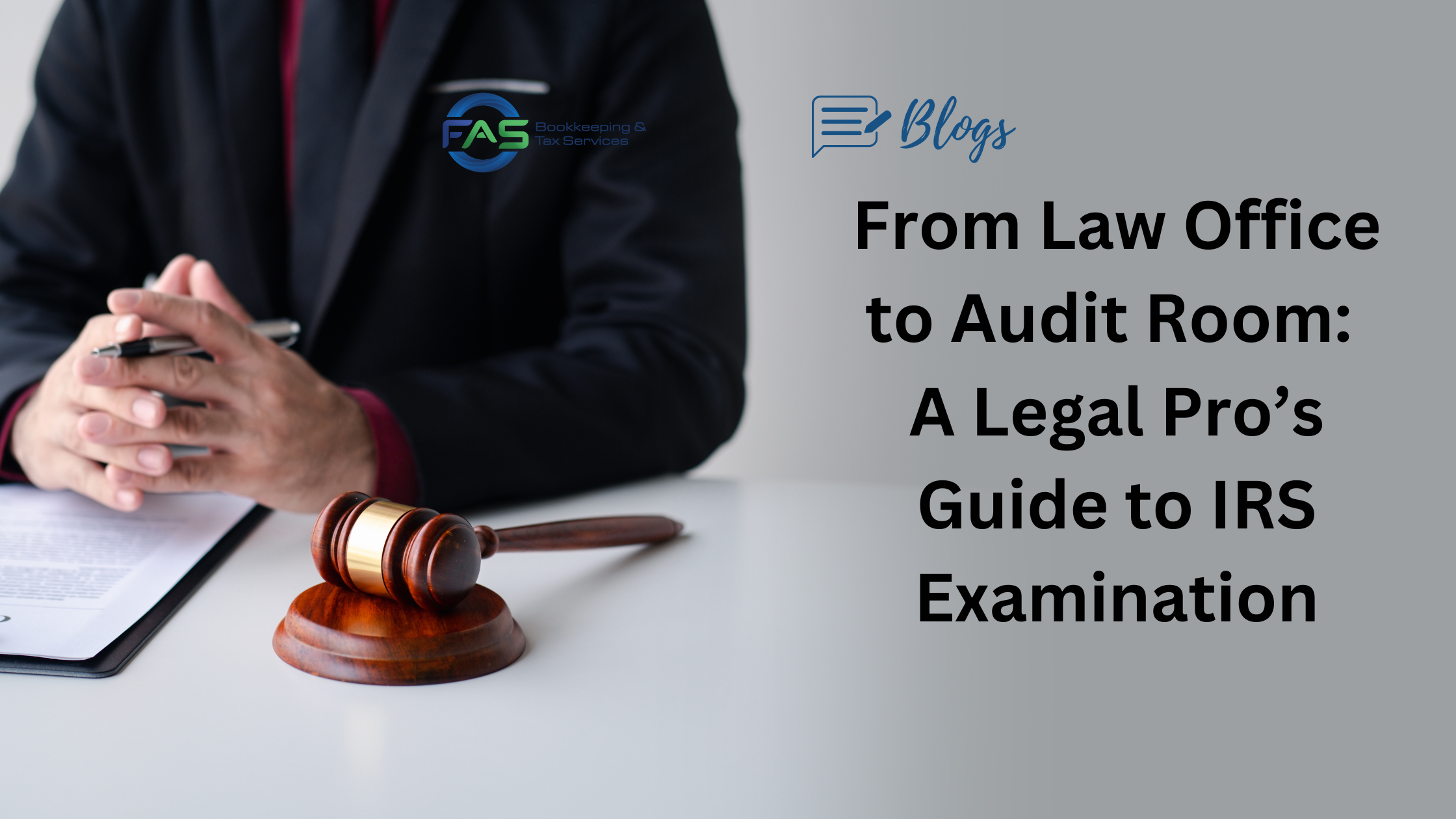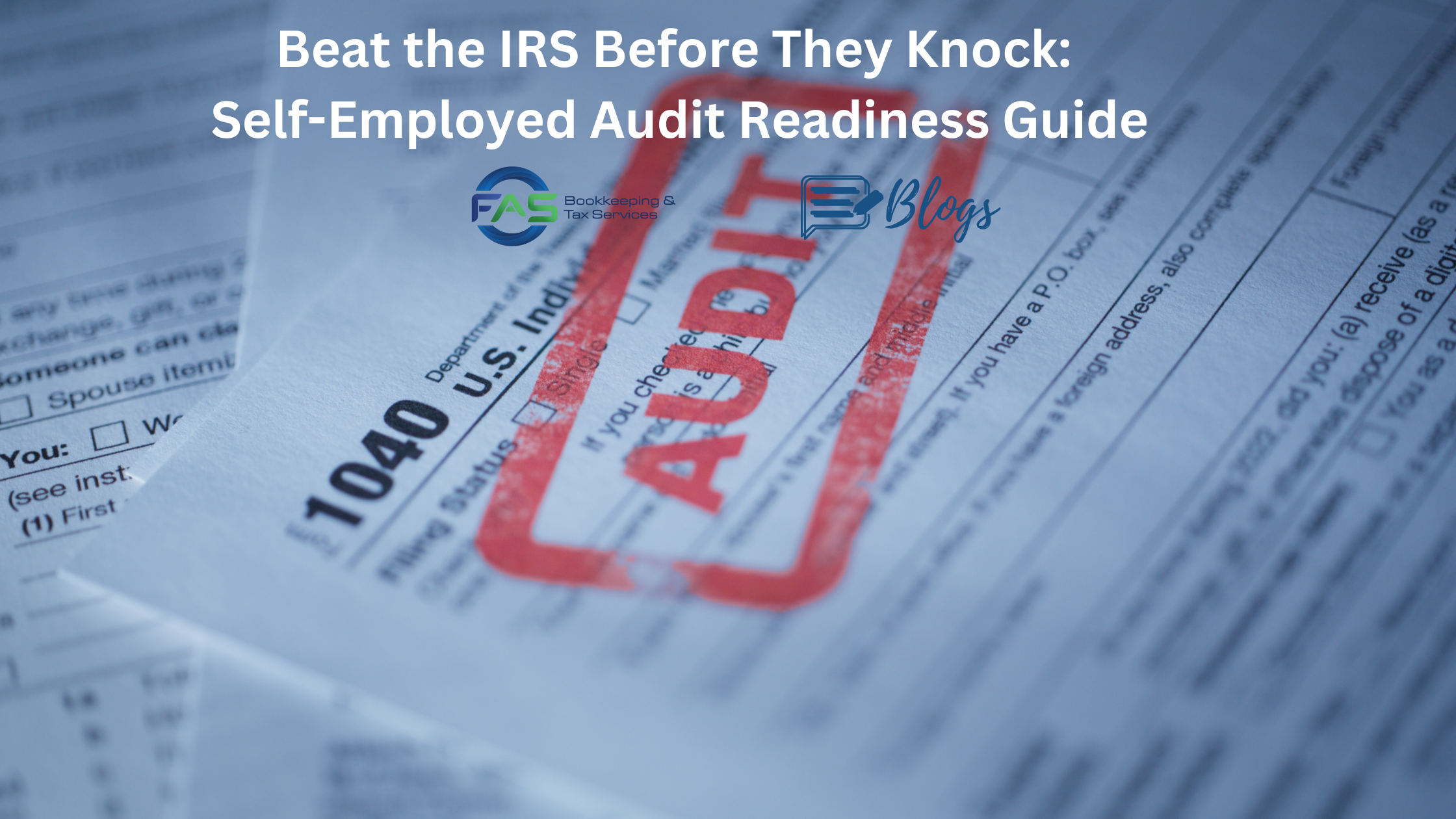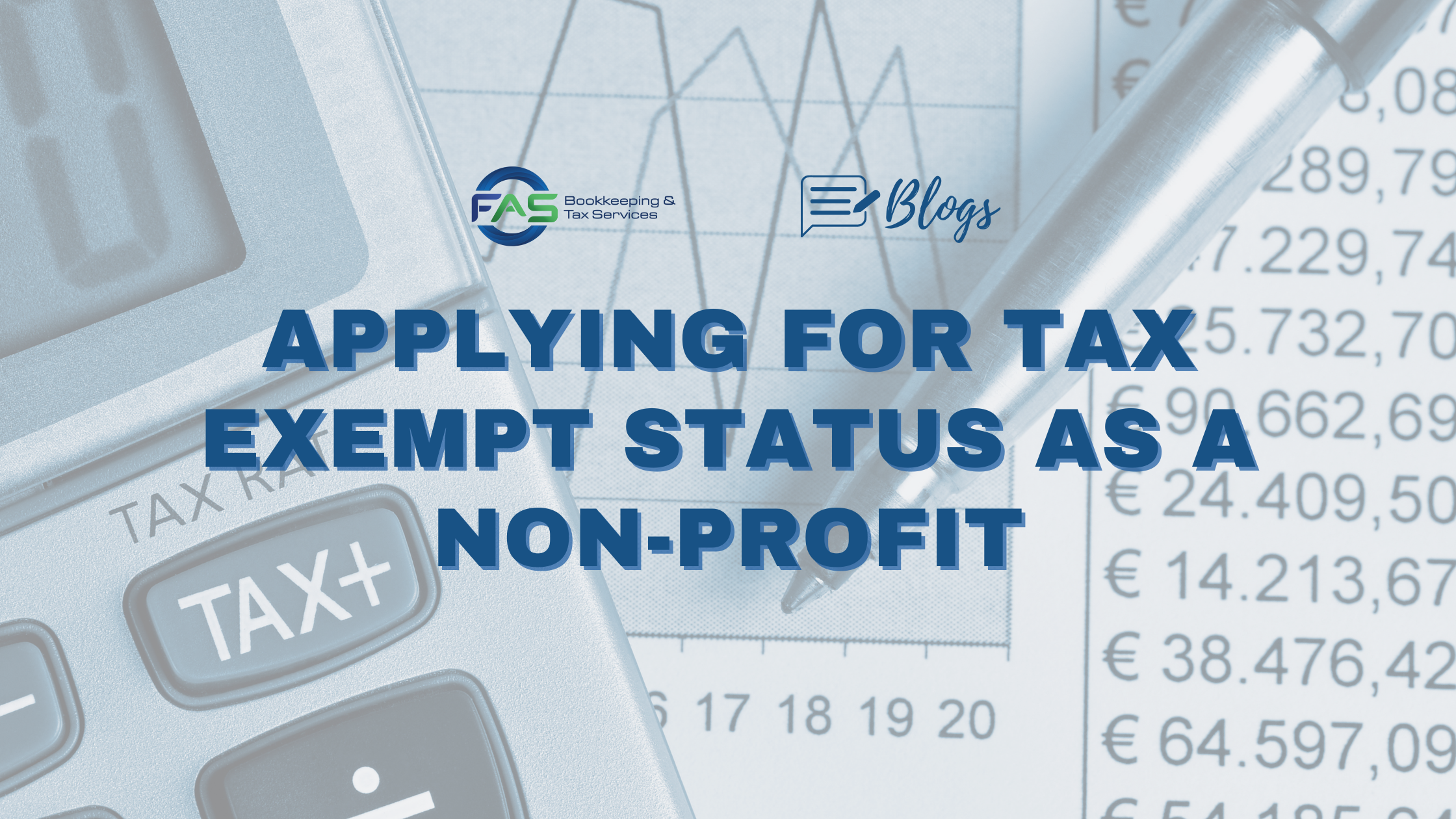Applying for Tax-Exempt Status as a Nonprofit
Section 501(c)(3) of the Internal Revenue Code says that an organization can apply for tax-exempt status as a nonprofit but it must be set up and run solely for one of the following purposes: charitable, religious, educational, scientific, literary, testing for public safety, promoting national or international amateur sports competition, or preventing cruelty to children or animals.
If you want to apply for tax-exempt status under Section 501(c)(3) of the tax code and are thinking about starting a nonprofit, you’ll need to use a Form 1023-series application. Application for Recognition of Exemption under Internal Revenue Code Section 501(c)(3).
Here are seven important things to know about this:
- Applications for recognition of exemption on Form 1023-series must be sent electronically online at Pay.gov. The application must be full, and the user fee must be included.
- Some organizations may be able to file Form 1023-EZ, which is a simplified version, if they meet certain criteria, such as having projected or past annual gross receipts of $50,000 or less for a period of three years.
- Some types of organizations don’t need to apply for Section 501(c)(3) status in order to be tax-exempt. These include churches and their integrated auxiliaries (organizations that are part of a church or group of churches and get most of their money from sources within the church, not from the government or the public), as well as public charities whose annual gross income is usually less than $5,000.
- Every tax-exempt group, like a church, should have an Employer Identification Number (EIN), even if the group doesn’t have any employees. An organization’s account number with the IRS is its employer identification number, which is needed for the organization to apply for tax-exempt status. As soon as the organization gets the EIN, it must be written on the application.
- The organization’s tax-exempt status starts on the date that their Form 1023 is approved. If they send in this form within 27 months of the month their organization was legally formed, the date of their organization’s tax-exempt status will be the month their organization was legally formed. If an organization doesn’t file this form within 27 months, the date it files Form 1023 is the date its tax-exempt status starts.
- Once the IRS decides that an organization is tax-exempt under the law, it will also be labeled as a private foundation unless it meets the requirements to be treated as a public charity. Most of the time, donations to public charities come from many different places, including the general public. Private foundations, on the other hand, tend to have only one major source of funding (usually gifts from one family or corporation).
- A charity must make certain documents available to the general public. These include its approved application for recognition of exemption and all supporting documents, as well as its last three annual information returns.
Get in touch with us if you have any questions about how to apply for tax-exempt status. Call us at (713)-855-8035 or email admin@fas-accountingsolutions.com for more details.





